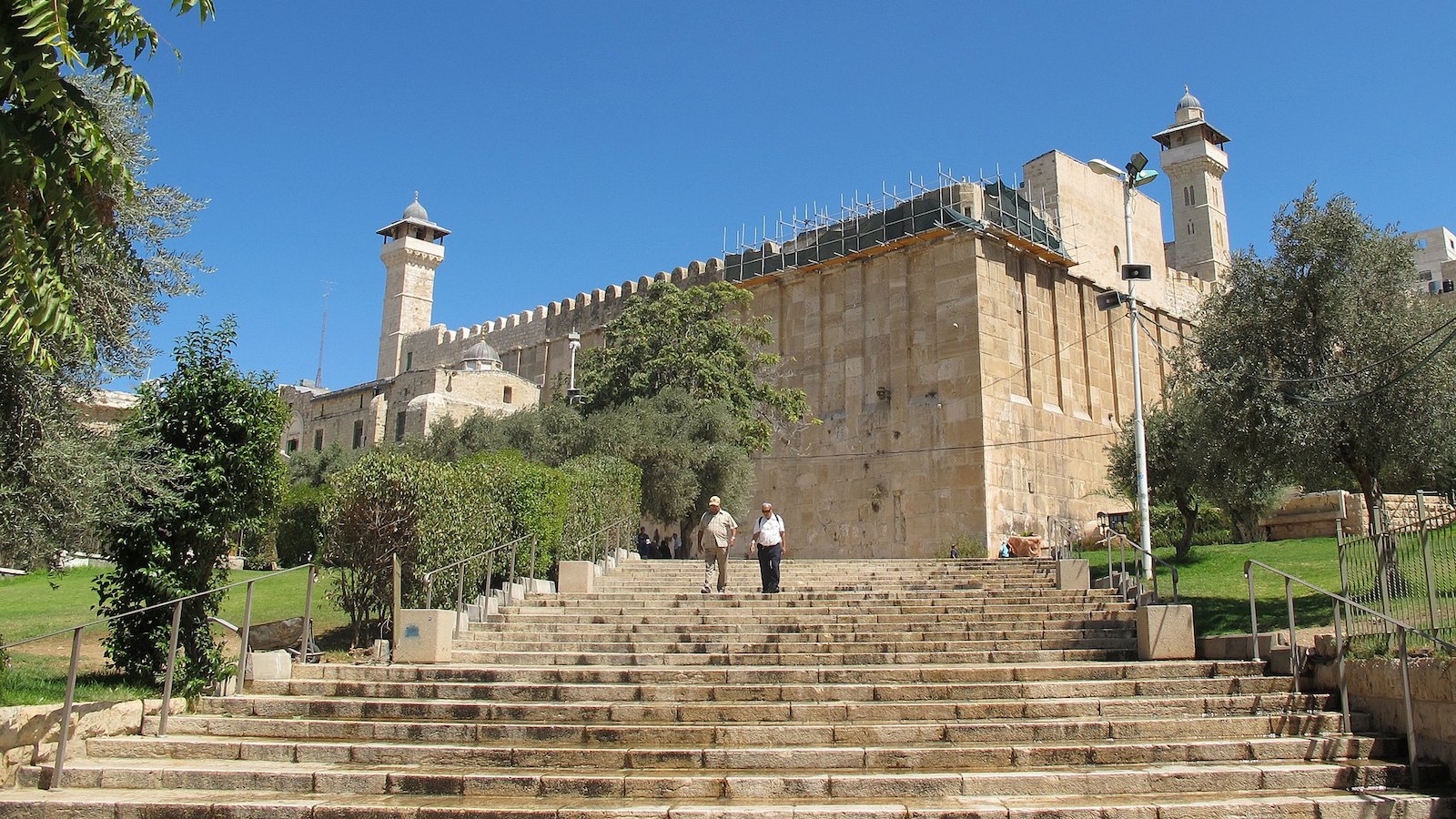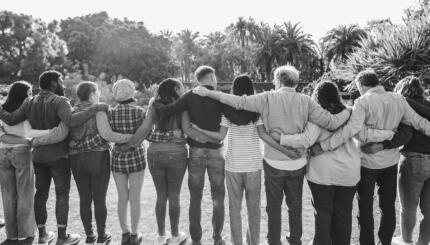The first blessing of the Amidah, known as the blessing of the patriarchs, is an eclectic mix of Jewish history, identity, faith and praise.
The traditional version of the text reads as follows:
Blessed are You, Lord our God and God of our fathers, God of Abraham, God of Isaac and God of Jacob; the great, mighty and awesome God, the most high God, Who bestows loving kindness and goodness and is master/creator of all, Who remembers the good deeds of the fathers, and brings a redeemer to their children, in love and for the sake of His name. King, Helper, Savior, and Shield. Blessed are You, O Lord, Shield of Abraham.
The blessing captures many of the core ideas of Judaism. It is a faith rooted in memory and history. It teaches that God interacts with each of us as a loving parent who is prepared to hear our prayers. And it reminds us that each successive generation relies on the foundation laid by previous ones.
All of this is a good and fitting opening to our prayers. But upon further reflection, we find here an even deeper teaching.
With your help, My Jewish Learning can provide endless opportunities for learning, connection and discovery.
It is no accident that we open the most essential of all Jewish prayers by invoking the Jewish patriarchs, the parents of our faith. Parents are central figures in our lives. As children, we typically look to them for safety and comfort, seeing them as all-powerful figures capable of solving all our problems. But as we grow older, we find our own voice, gradually moving away from a reliance on their help as we move toward independence and self-actualization.
The motif of God-as-parent occurs repeatedly in our sacred texts. When Moses begins his career, he introduces himself to Pharaoh by announcing: “Thus says the Lord: Israel is my first-born son.” (Exodus 4:22) In a metaphor that would later be incorporated into the Yom Kippur liturgy, Isaiah says: “But now, O Lord, you are our father; we are the clay, and you are the potter.” (Isaiah 64:8) And at a particularly dire moment, the Talmud tells us that Rabbi Akiva cried out: “Our Father, our King, for Your sake, have mercy on us.” The story concludes that rain fell immediately because Rabbi Akiva’s forgiving nature prompted God to respond in kind.
As with our actual parents, God expects us to do our part. Of all Jewish rituals, prayer is the one that best captures this dynamic. When the faithful approach God in prayer, it is with the belief that mere words can change destinies, that beseeching God has untold powers. But as every believer knows, our prayers may go unanswered. This can be painful, but it’s also the reality of prayer. Praying requires us to balance our requests with the realization that we may ultimately be left to our own devices.
It’s vital in prayer not to allow either of these impulses to predominate. If we downplay the idea that prayer is speaking to an all-powerful God, we lose much of prayer’s mystique and essential power. But if we lose sight of our own independence and power, we may find ourselves stymied and unable to initiate change.
So we return to the image of God as parent. In healthy parent-child relationships, we endeavor to balance protection and guidance with independence and empowerment. The two impulses may be in tension, but ideally not in opposition.
Parents empower children to assert their independence even as they provide support and assistance. Instead of holding them back, parental love provides the foundation for growth and self-assertion. At its best, parental love provides support without being stifling, enabling children to realize their own inner strength.
And so our primary prayer begins with the patriarchs. Without them, we wouldn’t be here. But without our own effort, theirs will have been of little value. Invoking our Jewish ancestors reminds us that the parental dynamic is also at work in our relationship with God. Our earthly fathers are models for our relationship with our father in heaven. In God, we find a source of strength, but not the end of our own striving. We can both rely on God’s love and goodness and use it to empower us.



